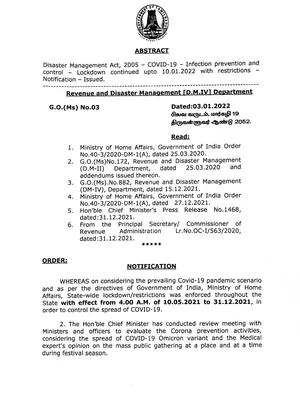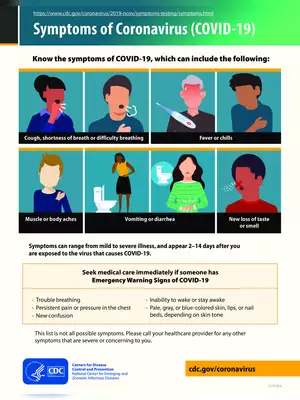COVID-19
Coronaviruses (CoV) are a large family of viruses that cause illnesses ranging from the common cold to more severe diseases. A novel coronavirus (nCoV) is a new strain that has not been previously identified in humans.
The virus can spread from an infected person’s mouth or nose in small liquid particles when they cough, sneeze, speak, sing or breathe. These particles range from larger respiratory droplets to smaller aerosols.
Most people who are infected with the SARS-CoV-2 virus have respiratory symptoms. They start to feel a little bit unwell, they will have a fever, they may have a cough or a sore throat or sneeze. In some individuals, they may have gastrointestinal symptoms. Others may lose the sense of smell or the sense of taste.




